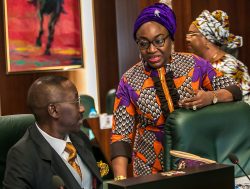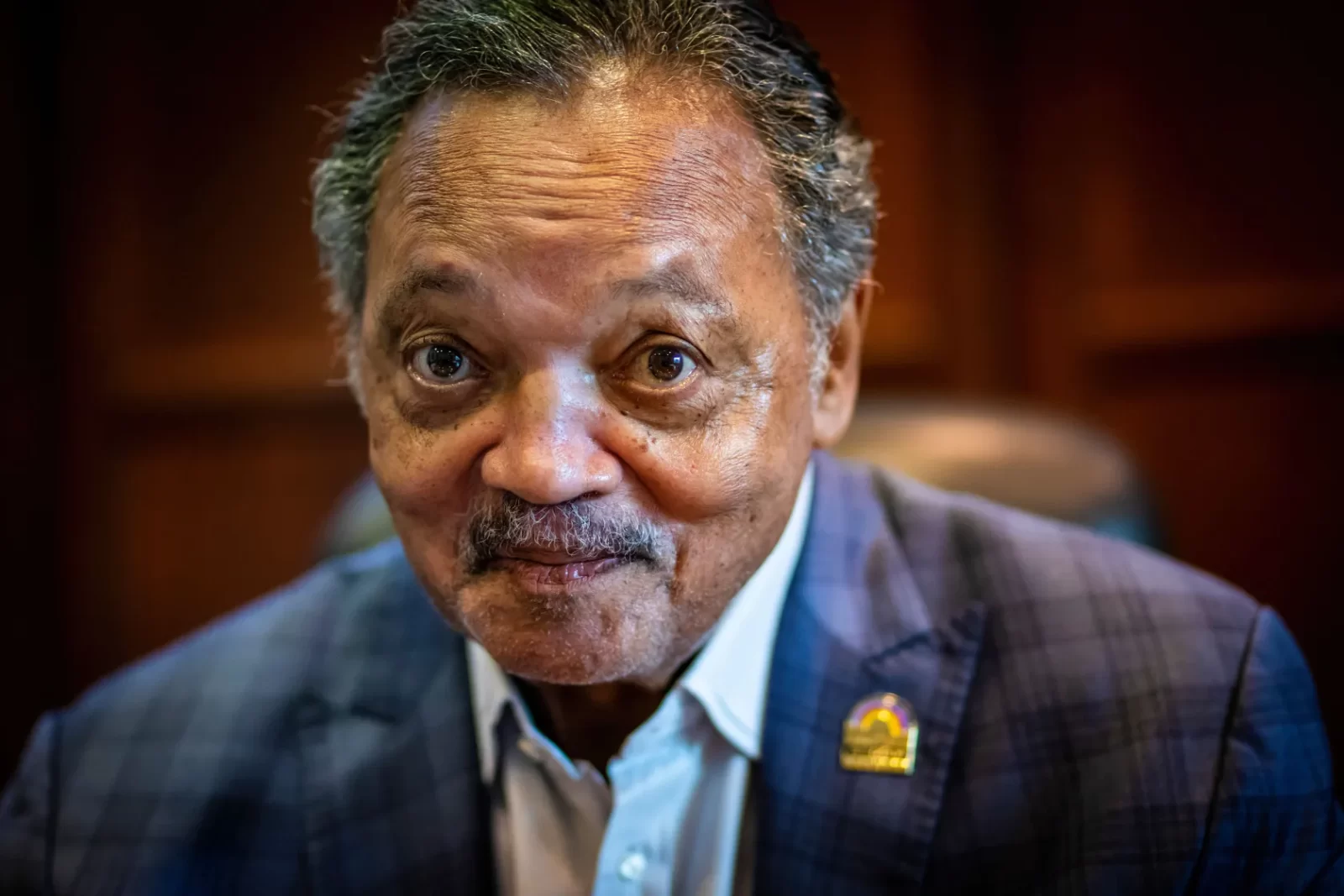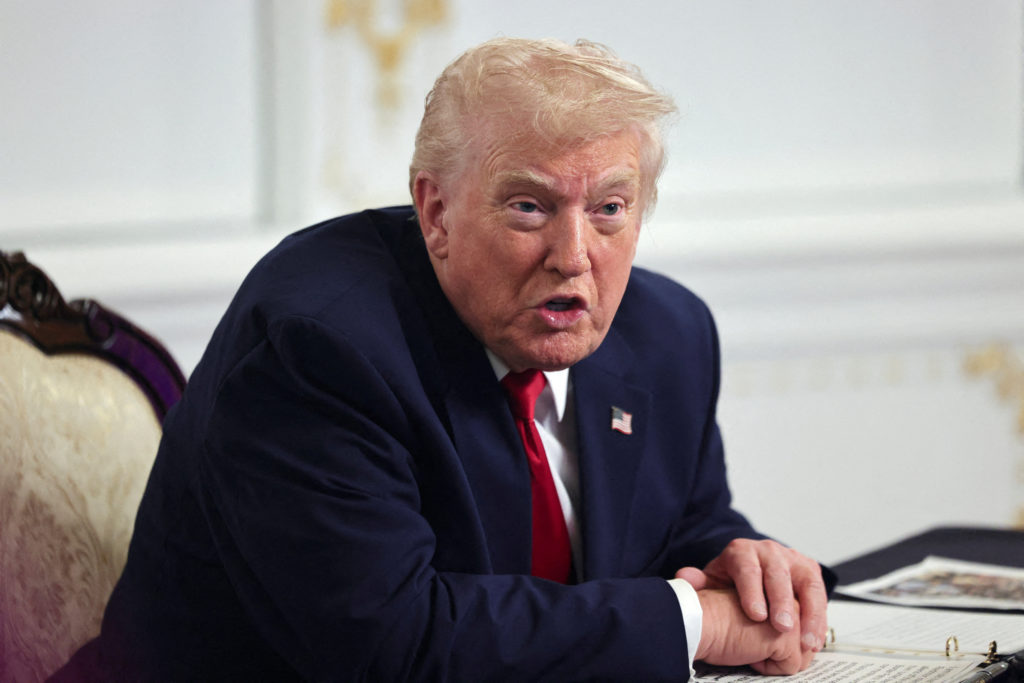Nearly 300 people were killed and hundreds more injured in the coordinated Easter Sunday bombings that ripped through Sri Lankan churches and luxury hotels.
The Sunday attack was carried out by seven suicide bombers from a domestic militant group named National Thowfeek Jamaath, a government official said Monday.
All of the bombers were Sri Lankan citizens, but authorities suspect foreign links, Health Minister Rajitha Senaratne said at a news conference.
Earlier, Ariyananda Welianga, a government forensic crime investigator, said an analysis of the attackers’ body parts made clear that they were suicide bombers. He said most of the attacks were carried out by a single bomber, with two at Colombo’s Shangri-La Hotel.
The bombings, Sri Lanka’s deadliest violence since a devastating civil war ended a decade ago on the island nation off the southeast tip of India, killed at least 290 people with more than 500 wounded, Police spokesman Ruwan Gunasekara said Monday.
Meanwhile, Sri Lankan police investigating the bombings are examining reports that intelligence agencies had warnings of possible attacks, officials said Monday.
Two government ministers have alluded to intelligence failures. Telecommunications Minister Harin Fernando tweeted, “Some intelligence officers were aware of this incidence. Therefore there was a delay in action. Serious action needs to be taken as to why this warning was ignored.” He said his father had heard of the possibility of an attack as well and had warned him not to enter popular churches.
And Mano Ganeshan, the minister for national integration, said his ministry’s security officers had been warned by their division about the possibility that two suicide bombers would target politicians.
The police’s Criminal Investigation Department, which is handling the investigation into the blasts, will look into those reports, Gunasekara said.
Cardinal Malcolm Ranjith, the archbishop of Colombo, said the attacks could have been thwarted.
























Leave a comment